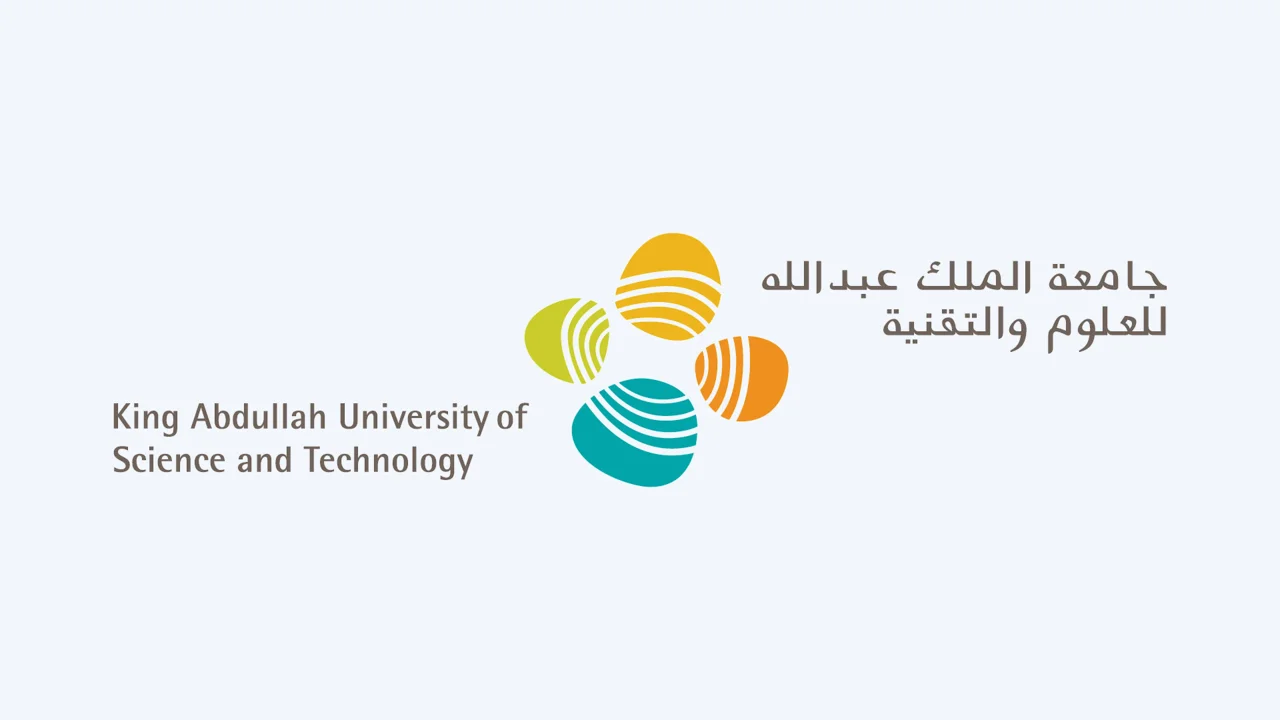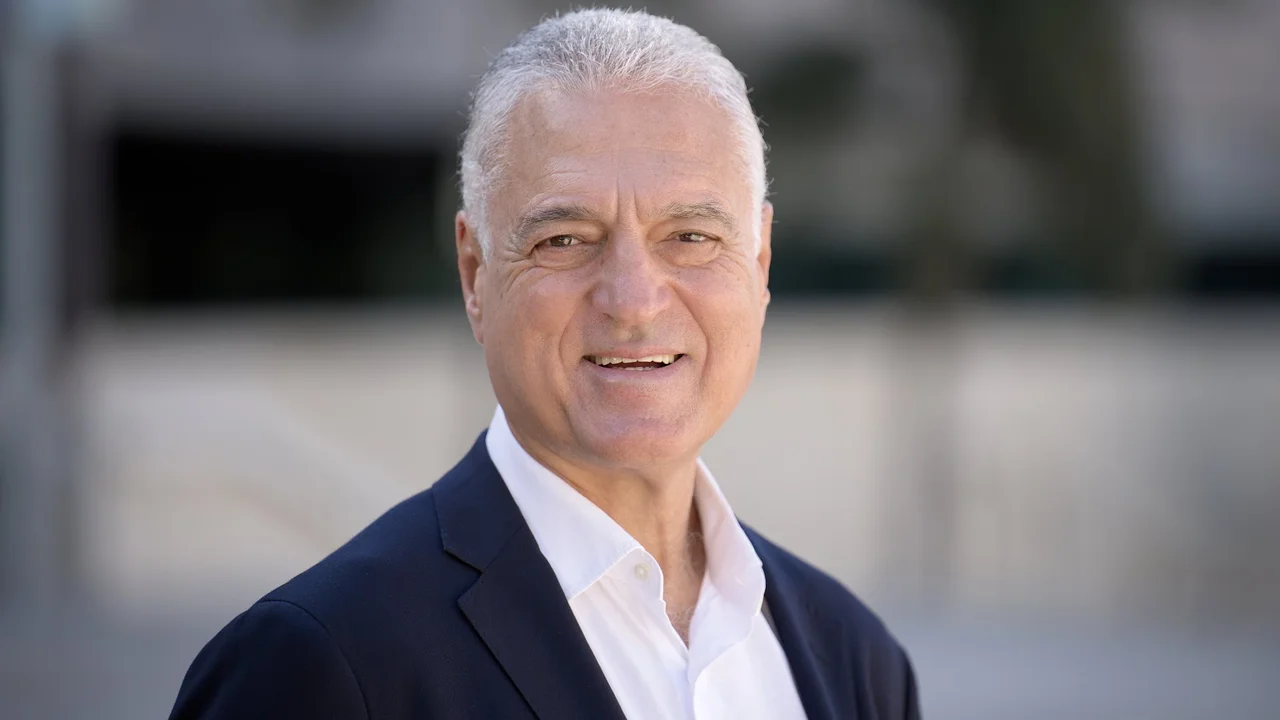

Professor Esteves-Veríssimo awarded the IEEE SMC TCHS Outstanding Leadership Award
KAUST Professor Paulo Esteves-Veríssimo has been awarded the prestigious IEEE Systems, Man, and Cybernetics (SMC) Technical Committee on Homeland Security (TCHS) Outstanding Leadership Award in recognition of his significant contributions to the fields of cybersecurity and resilience.
About
KAUST Professor Paulo Esteves-Veríssimo has been awarded the prestigious IEEE Systems, Man, and Cybernetics (SMC) Technical Committee on Homeland Security (TCHS) Outstanding Leadership Award in recognition of his significant contributions to the fields of cybersecurity and resilience.
Throughout his accomplished career, Esteves-Veríssimo, a professor of computer science at KAUST, has achieved world-class scientific results in resilient computing, cybersecurity and dependability. As a systems and engineering specialist, he has helped develop several advanced industrial prototypes based on his scientific research on fault-tolerant, secure, and real-time distributed systems.
According to the IEEE TCHS, the award recognizes the highly regarded computer scientist’s "outstanding leadership contributions to the homeland security community in general and to the field of cybersecurity and resilience in particular.” It also acknowledges his “leadership and visionary contributions to society at large through the promotion and application of security and resilience concepts to a variety of technology, science, and business domains."
The Portuguese researcher received his award at the 2024 IEEE International Conference on Cyber Security and Resilience (IEEE CSR 2024). The hybrid conference took place from September 2–4 in London, U.K.
“I am humbled by this heart-warming and unexpected news. It is very rewarding,” Esteves-Veríssimo said of his most recent accolade. “When you take innovative and forward-looking scientific approaches, such as resilient computing, to address what you feel will become insurmountable threats in cyberspace, you never know if you’ll succeed or hit a hard wall ...
"I share this honor with numerous colleagues with whom I collaborated over these decades, colleagues who dared invest in a (then) risky topic—making cyber resilience a central paradigm to ensure the security and safety of cyberspace. When you have the recognition of this committee in particular, you know you’ve made an impact, especially concerning the critical systems that support modern societies."
Safeguarding Saudi Arabia's digital sovereignty
Esteves-Veríssimo's research at KAUST focuses on developing resilient modular and distributed computing architectures, middleware and algorithms. Specifically, he explores new applications of paradigms and techniques that reconcile security and dependability.
The primary objective of his research team at KAUST is to examine how resilient computer architectures and algorithms can complement and improve classic cybersecurity approaches and even ensure safety when needed. As part of their research drive, they aim to achieve system resilience in diverse areas, such as autonomous vehicles, distributed control systems, digital health and genomics, blockchain and cryptocurrencies.
This quest toward cyber security and resilience in KAUST was bootstrapped by the faculty research groups of the Resilient Computing and Cybersecurity Center (RC3). "Three years ago, KAUST was at a starting point of building its cybersecurity activities and reputation. We are incredibly proud to have contributed our expertise to developing the University's cybersecurity resilience and reputation among peers and stakeholders throughout the Kingdom, the Gulf region and internationally." Esteves-Veríssimo said.
Esteves-Veríssimo seeks to ensure KAUST continues to play a significant role in increasing the Kingdom's competitiveness in information and communication technology (ICT). He firmly believes it is essential to promote Saudi Arabia's digital sovereignty, a goal in which the cyber security and resilience areas have a crucial role to play.
The past few years have witnessed a growing synergy between KAUST's commitment to its resilient computing and cybersecurity research agenda and Saudi Arabia's Vision 2030. This agenda continues to evolve, encompassing diverse fields such as critical infrastructure protection, autonomous vehicles, space exploration, smart health, artificial intelligence/machine learning, energy and industrial sectors, and semiconductors. This broadening scope reflects ongoing engagement within other RDI areas in KAUST and beyond, positioning the University at the forefront of emerging and impactful applications of cyber security and resilience in relevant societal sectors.
"Again, I think this early creation of impact on society can be reconciled with the need to preserve scientific research capacity. What we had called the "45-degree Impact Acceleration strategy," consisted of reconciling anticipated needs of some high-TRL (technology readiness levels) key verticals in Saudi society with low-TRL horizontal research topics enabling solutions, e.g., state-of-the-art frontier themes influencing the scientific research lines in the Kingdom."
An accomplished career in computer science
Professor Esteves-Veríssimo joined KAUST in November 2020 from the University of Luxembourg (uni.lu), where he served as FNR PEARL Chair of uni.lu’s Faculty of Science, Technology and Medicine and Interdisciplinary Centre for Security, Reliability and Trust. He also founded and led the CritiX Research Lab at uni.lu’s Interdisciplinary Centre for Security, Reliability and Trust (SnT). At KAUST, he was founding director of the Resilient Computing and Cybersecurity Center (RC3).
The former associate editor of IEEE Transactions on Emerging Topics in Computing (TETC), IEEE Transactions on Computers (TC), and IEEE Transactions on Dependable and Secure Computing (TDSC), has also served as a professor and board member at the University of Lisbon (ULisboa), Portugal. At ULisboa, he created the Navigators research team and was the founding director of Laboratório de Sistemas Informáticos de Grande Escala (LASIGE).